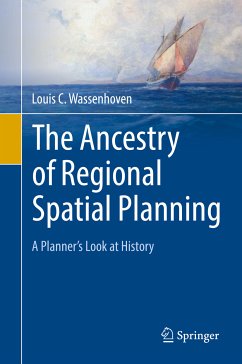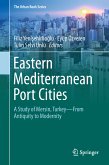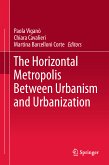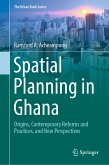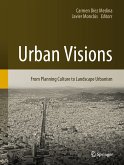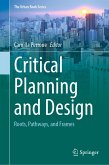This book is not a historical or archaeological treatise, but rather a study in which the author looks at the past, not as a historian, but as a planner who has the ambition to unravel the early manifestations of his discipline; a discipline which did not exist as such in remote periods, but the ingredients of which were nevertheless present. The author has observed the past equipped with knowledge and understanding of what regional planning was in the second half of the twentieth century and still is. He stands in the period of the first decades after the Second World War, which were the formative years of regional planning, and looks back at bygone ages. He discusses ideas and literature from the immediate post-war period in order to examine the ancestry of regional planning through their lens.
The book will attract a broad range of readers because of its approach and its wide coverage of historical periods and world regions. Although Europe is the main focus, the book contains material on all continents and all periods, the ancient world, the medieval age and the modern era. The history of Urban Planning is taught and researched widely, but the history, or pre-history, before the twentieth century, of Regional Spatial Planning is not. This book will fill that vacuum.
Dieser Download kann aus rechtlichen Gründen nur mit Rechnungsadresse in A, B, BG, CY, CZ, D, DK, EW, E, FIN, F, GR, HR, H, IRL, I, LT, L, LR, M, NL, PL, P, R, S, SLO, SK ausgeliefert werden.

